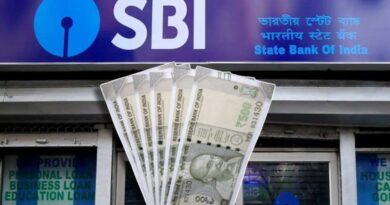PPF: This work can be done at home, a big announcement from this state bank
More or less everyone saves for the future. But it is only when it comes to savings that fear strikes in the minds of most people. The memory of the ‘cheat fund scandal’ still lingers in the state. In such a situation, some people take risks and move towards the stock market, but most people still trust reliable government investment companies. And as there are many banks in this sector, so is the popularity of the post office. This reliable central bank along with various state-owned banks is the main place of trust for the people.
Now there are various types of schemes in banks and post offices. Just as in some schemes, one can save safely, in some schemes one can get many times more returns by taking some risk depending on the share market. In this regard, fixed deposits and recurring deposits are two popular financial schemes. Another popular financial scheme is the Public Provident Fund or PPF. This is a very profitable project. That is why PPF is considered one of the popular long-term savings projects. Currently, if you keep money in this fund, you get 7.1 percent interest.
Recently, a state-owned bank has given a big audit regarding keeping money in this fund. And this is the Bank of Maharashtra. Recently this bank has made some announcements for the customers in this regard. This bank has announced that from now onwards customers will be able to easily open PPF accounts in this bank. The biggest thing is that customers can do this work sitting at home. It is known that you can easily open your PPF account through internet banking.
Read More:- 5 ways to raise funds will be useful in an emergency, you will have to pay less interest on more money
This can be a very profitable option. Because just as very little money can be invested in it, a lot of money can also be deposited in it. Just as a minimum of Rs 500 can be deposited in this PPF account every year, a maximum of Rs 1.5 lakh can be deposited. Also, the PPF account becomes mature within 15 years. Apart from this, the benefit of tax exemption is also available in this scheme.
•
•



